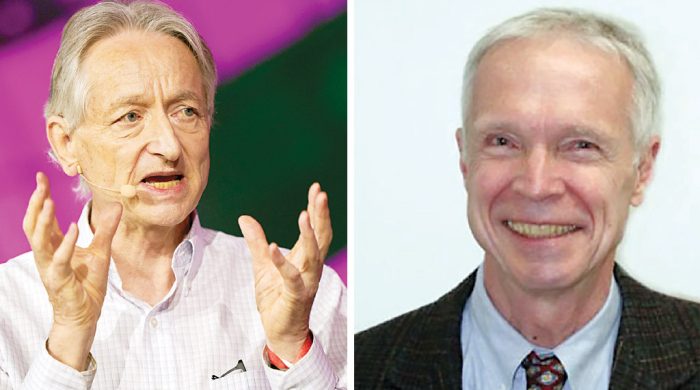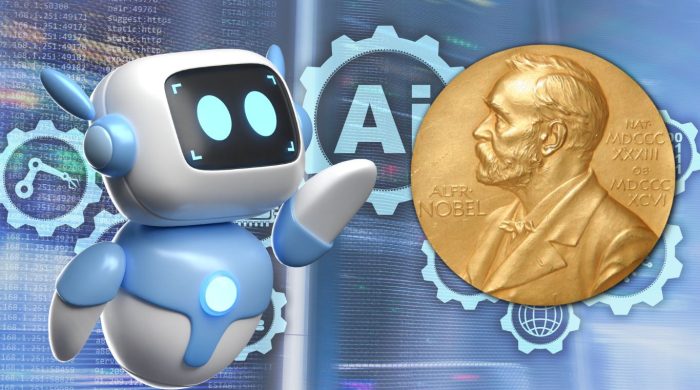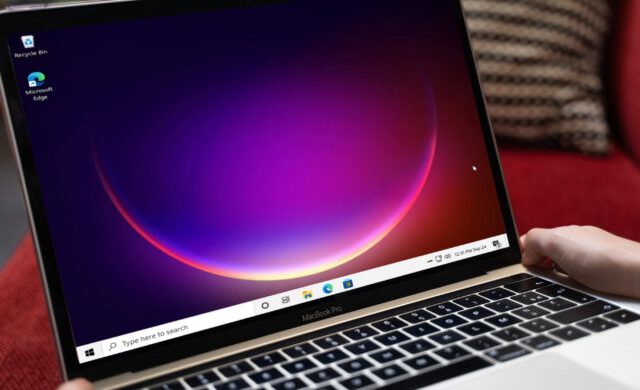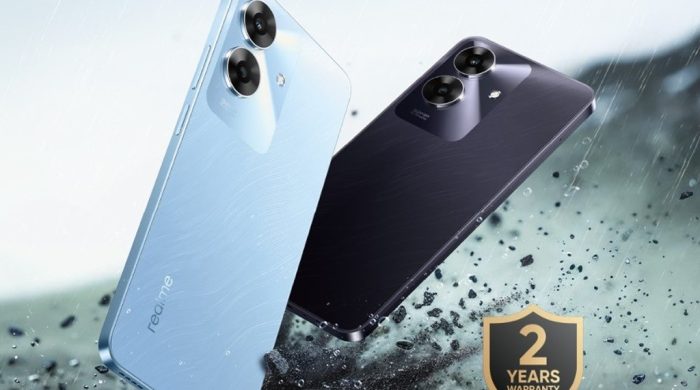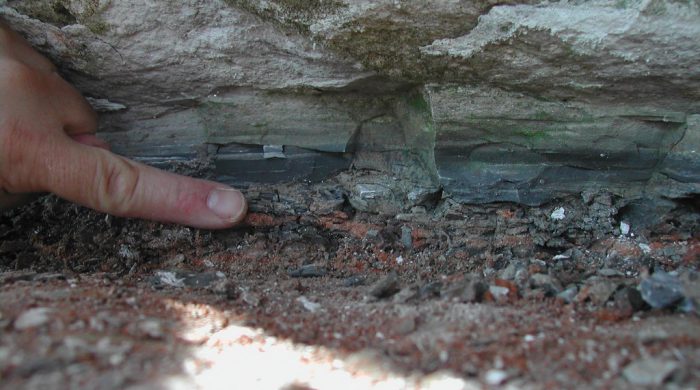‘Space pups’: Mouse sperm stored on ISS produces healthy young

- Update Time : Monday, June 14, 2021
- 207 Time View

Turns out the comic books were wrong.
Japanese researchers found mouse sperm exposed to high levels of cosmic radiation for nearly six years produced a large brood of healthy, unremarkable “space pups.”
Their study was published Friday in Science Advances — which noted no signs so far of Mousezillas or rodent Hulks.
The sperm was stored in the International Space Station in freeze-dried form. Once brought back to Earth and rehydrated, it resulted in the birth of 168 young, free of genetic defects.
Developmental biologist and lead author Teruhiko Wakayama told AFP on Thursday that there was little difference between mice fertilized by space sperm and sperm that had remained confined to our planet.
“All pups had normal appearance,” he said, and when researchers examined their genes “no abnormalities were found.”
In 2013, Wakayama and colleagues at the University of Yamanashi in Japan launched three boxes, each containing 48 ampoules of freeze-dried sperm, to the ISS for the long-term study.
They wanted to determine whether long term exposure to radiation in space would damage DNA in reproductive cells or pass mutations along to offspring.
That could be a problem for our own species in future space exploration and colonization missions.
Batches were returned to Earth for fertilization after the first nine months, then after two years, and finally after six years, leading to hundreds of births.
Freeze-dried sperm was selected for the experiment because it can be preserved at room temperature, rather than needing a freezer.
The ampoules were also small and very light, about the size of a small pencil, further cutting launch costs.
When the space mice reached adulthood, they were randomly mated and the next generation appeared normal as well.
– Space colonies –
Wakayama, now director for Advanced Biotechnology Center at the University of Yamanashi, told AFP he had been inspired by the science fiction of Heinlein and Asimov and once wanted to be an astronaut.
Though he settled on becoming a scientist, the sense of wonder and whimsy about space exploration never left him.
“In the future, when the time comes to migrate to other planets, we will need to mantain the diversity of genetic resources, not only for humans but also for pets and domestic animals,” Wakayama and colleagues wrote in their paper.
“For cost and safety reasons, it is likely that stored germ cells will be transported by spaceships rather than by living animals.”
Getting to other planets means leaving the safety of Earth’s protective atmosphere and magnetic field — which also extends to the ISS, 400 kilometers (250 miles) above the surface.
Deep space is filled with strong radiation from both solar particles and galactic cosmic rays from outside our system.
Solar flares from the surface of the Sun generate particles that can have particularly devastating impacts on human health and penetrate current generation spaceships.
According to Wakayama, the process of freeze drying sperm increases its tolerance compared to fresh sperm, since the former does not contain water inside its cell nuclei and cytoplasms.
According to the team’s calculations, freeze-dried sperm could be stored for up to 200 years on board the orbital outpost.
Humanity might also want to spread its genetic resources off planet in case of a disaster on Earth, the paper added.
The study noted it is still necessary to investigate the effects of space radiation on frozen female eggs and fertilized embryos before humans take this next step into the space age.



